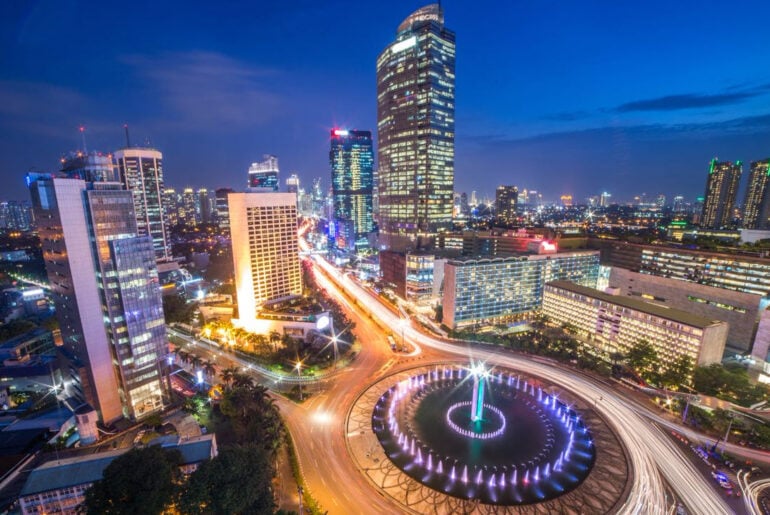On 2 January 2024, the President of the Republic of Indonesia signed Law No. 1 of 2024 on the Second Amendment to Law No. 11 of 2008 on Electronic Information and Transactions (“EIT Law”) (“Amendment Law”). The Amendment Law was enacted and became effective on the same day. The Amendment Law covers some new provisions that seem to push for localization and domestic protection, such as the requirement for e-certification service providers to be domiciled in Indonesia and the requirement for international electronic contracts to be governed by Indonesian Law. The Amendment Law also elaborates on the prohibited acts under the EIT Law, and contains new provisions on government intervention.
In
Corporate Compliance
Indonesia: Breaking down the second amendment to the EIT Law – new provisions on electronic certificate providers, prohibited contents and mandatory use of Indonesian law
by Daniel RPC Pardede, Andi Y. Kadir, Adhika Wiyoso, Bernard Sihombing, Bimo Harimahesa and Bratara Damanik
1 Min Read


